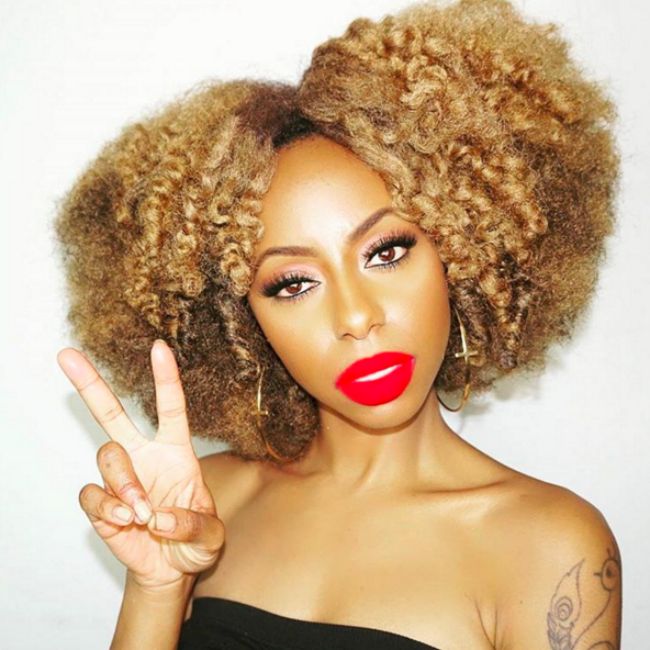
Have you ever wondered why your hair seems to have changed in length, condition or texture over the years?
Throughout this thing called life we manage to go through many different hair cycles that depend on age, hormones and external factors. Notice at birth, most are born with very soft, shiny and thin hair–or even none–but this quickly changes as you grow. In fact, many curly girls were born with straight hair! Here is a brief cycle of how your hair changes over the years.
Childhood
A newborn baby usually has very thin and soft hair but this will always change after a few years. Many curlies have been born with straight hair that ‘magically’ became curly years later this happens as throughout childhood the diameter of the hair follicle begins to thicken which causes a change in the hair’s shape and texture.
Adolescence to Early Adulthood
There are muscles at the base of every hair follicle and as we go through different stages of our lives like puberty, hormone changes, and medication usage, they grow and change shape. This directly affects your hair follicles–this is similar to the different changes we have with our skin whilst growing up.
We all have a growth phase of the hair and this can happen for 3-4 years until a new hair forms and begins to grow. The hair that you currently see is actually dead hair! This means that every 3-4 years it could be possible for your hair texture to completely change!
Adulthood
According to healthy aging expert Sharon Basaraba, when we transition into the later stages of life our hair begins to lose colour and turns grey. Hair turns grey when the melanin stops being produced, this typically happens to women past their 30’s but external factors such as stress can affect your aging process meaning earlier hair loss and turning grey. Along with the loss of colour, aging may make your hair become coarser as the keratin in the hair begins to breakdown.
Later Adulthood (Menopause”>
As women, we all naturally go through ‘the change’ as we age. Menopause can have a huge effect on the hair as your oestrogen declines, according to Dr. Nicola Finley, M.D. You may experience hair thinning and hair loss along with a dry scalp due to a lack of moisture. At this stage in life, it is even more important to keep your hair and scalp moisturised.
How has your hair changed throughout your life?
Pictured: Jessica Pettway (@jfashiongirl87“> & daughter, Kai Lee (@kaileecurls“>

